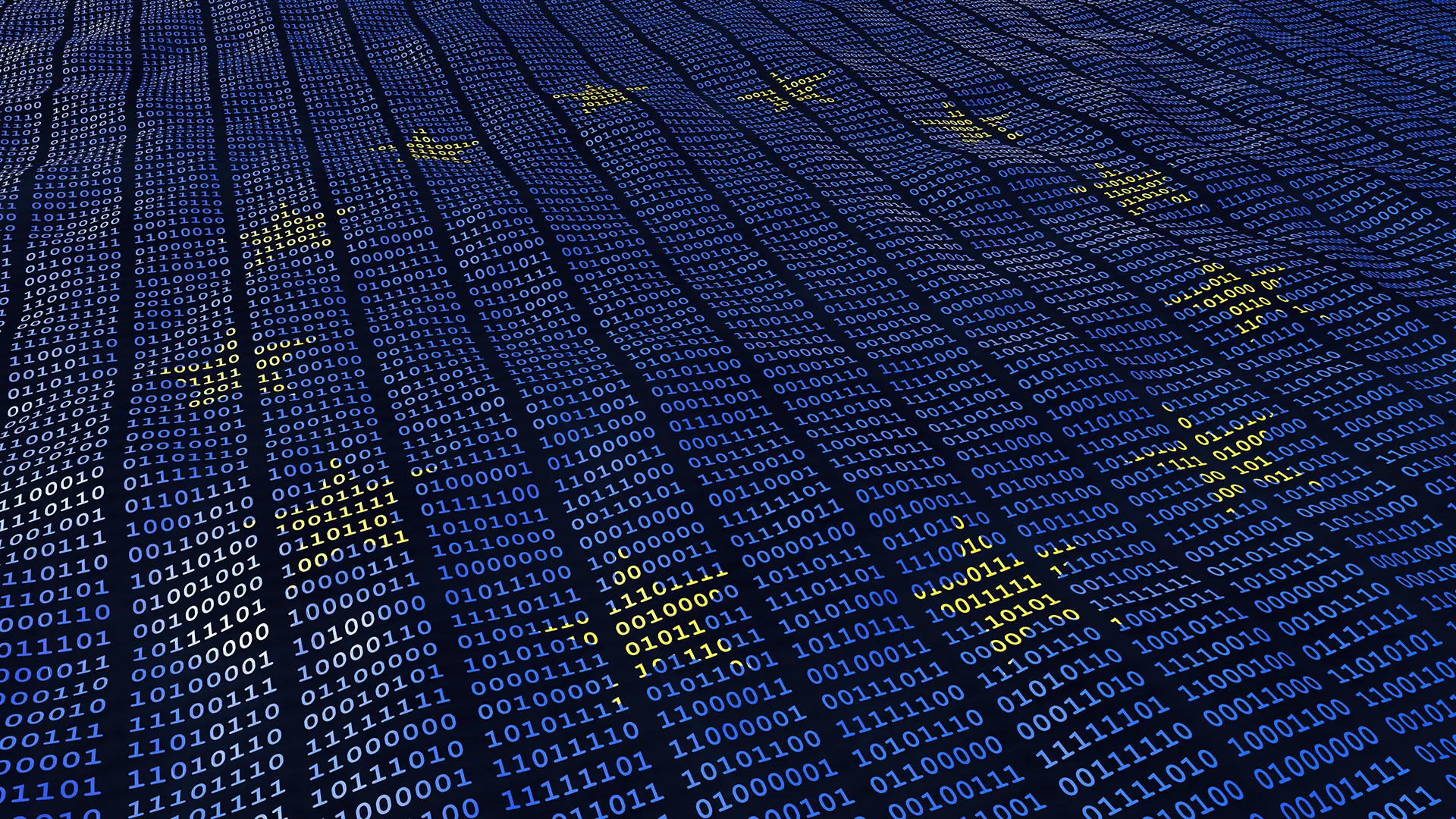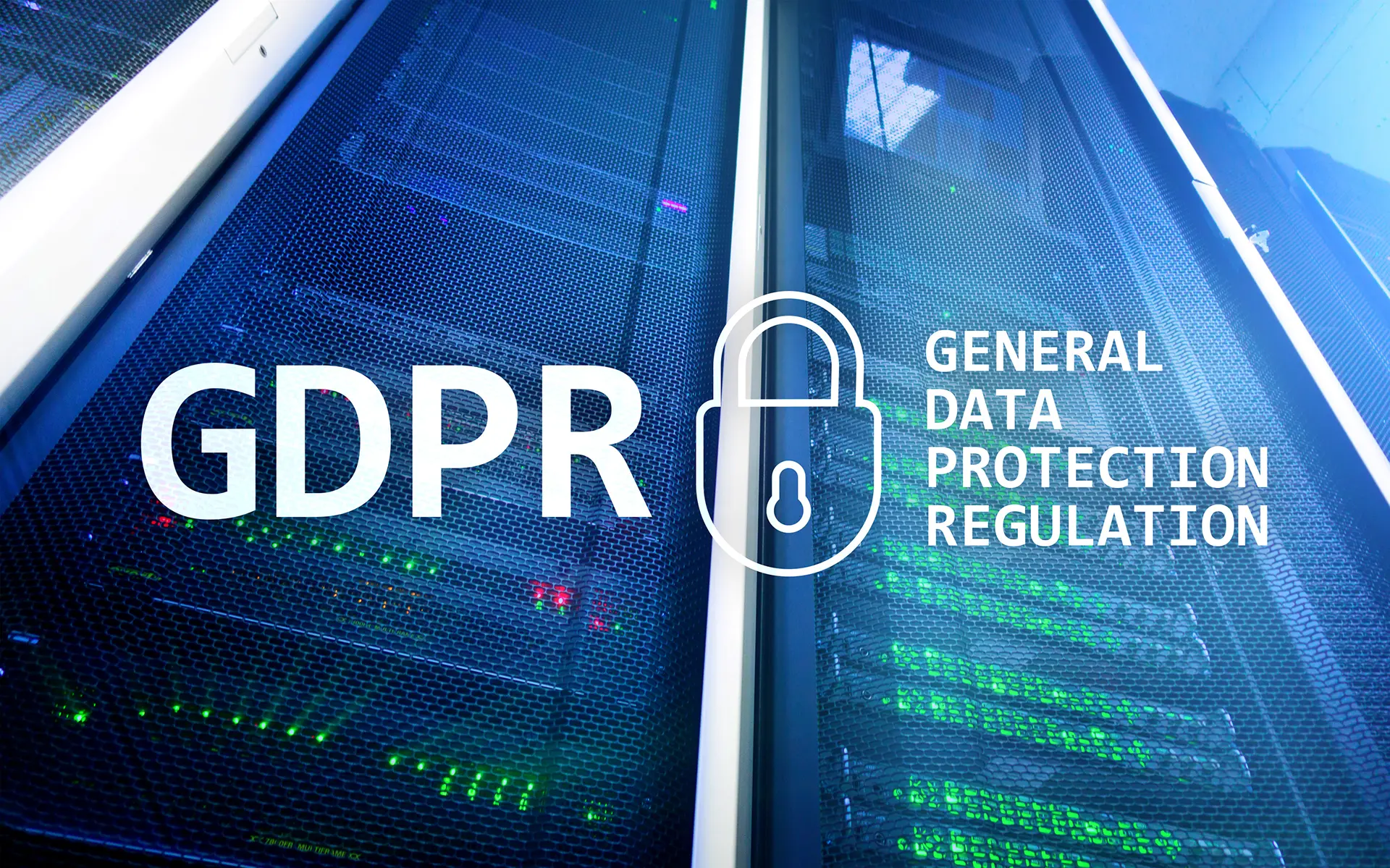Table of contents
- Fundamental principles of the GDPR
- Legal requirements and responsibilities
- Specific security measures
- International transfers and global implications
- Compliance resources
- Proactive approach to data security is crucial
Personal data protection: GDPR privacy and security: The General Data Protection Regulation (GDPR) represents a milestone in personal data protection regulations.
It imposes strict obligations on organizations that process data of individuals within the European Union.
Fundamental principles of the GDPR
The General Data Protection Regulation (GDPR) was created to strengthen and unify data protection for all individuals within the European Union (EU).
In this paragraph, we explore its fundamental principles that are at the heart of the regulation.
- Lawfulness, fairness, and transparency
The processing of personal data must be lawful, fair, and transparent to the individual concerned. This means that companies must be completely clear about how data is collected, processed, and used.
- Purpose limitation
Personal data must be collected only for specific, explicit, and legitimate purposes. It must not be further processed in a manner that is incompatible with those original purposes. If otherwise, further consent must be obtained or it must be expressly provided by law.
- Data minimization
Companies must limit the collection and processing of personal data to what is necessary for the purposes of processing. This principle ensures that unnecessary data is not collected.
- Accuracy
Personal data must be accurate and, where necessary, kept up to date. Every reasonable step must be taken to ensure that inaccurate personal data, considering the purposes for which it is processed, is erased or rectified without delay.
- Storage limitation
Personal data must be kept in a form that permits the identification of individuals for no longer than is necessary for the purposes for which the personal data is processed. Companies must have clear and precise policies for data deletion.
- Integrity and confidentiality
Personal data must be processed in a manner that ensures appropriate security of the personal data, including protection against unauthorized or unlawful processing and against accidental loss, destruction, or damage, using appropriate technical or organizational measures.
- Accountability
The data controller is responsible for and must be able to demonstrate compliance with all these principles. This principle of “accountability” obliges companies to take a proactive approach to GDPR compliance.
These principles form the foundation on which the entire GDPR regulation is built. Adherence to them is crucial for companies aiming to comply with the law and protect the rights of their customers and users.

Legal requirements and responsibilities
The GDPR sets out a range of legal requirements that companies must follow to ensure the protection of personal data. These requirements not only increase transparency but also impose greater responsibility on organizations. Here are the key points:
- Data processing responsibility
Companies must designate a data controller who has direct responsibility for managing personal data. This person must ensure that all processing practices comply with the GDPR.
- Role of the data protection officer (DPO)
Companies of a certain size or those processing large-scale sensitive data must appoint a DPO. This person is responsible for overseeing the data protection strategy and implementation, ensuring compliance with the GDPR.
- Consent to data processing
Companies must obtain clear and unequivocal consent from the individual before processing their personal data. Consent must be specific, informed, and revocable at any time.
- Rights of individuals
The GDPR strengthens individuals’ rights by ensuring access to their personal data, the right to rectification, the right to erasure (right to be forgotten), the right to restrict processing, and the right to object to the processing of their data.
- Data breaches
In the event of a personal data breach, companies are required to notify the relevant supervisory authority within 72 hours of becoming aware of the incident unless the breach is unlikely to result in a risk to individuals’ rights and freedoms. If the risk is high, the company must also inform the affected individuals.
- Data Protection Impact Assessment (DPIA)
For processing that may present high risks to the rights and freedoms of individuals, companies are required to conduct a DPIA. This assessment helps identify and minimize risks resulting from the processing of personal data.
- International transfers
The transfer of personal data outside the European Union is allowed only to countries that ensure an adequate level of data protection, or through the implementation of appropriate safeguards such as standard contractual clauses.
- Technical and organizational measures
To ensure the security of personal data, companies must adopt appropriate technical and organizational measures. These measures include IT security, staff training, and internal control and review procedures.
These legal requirements form the framework within which companies must operate to ensure the security and protection of personal data, demonstrating their commitment to GDPR compliance and the protection of individuals’ rights.
Specific security measures
To meet the stringent GDPR requirements in terms of data protection, companies are required to implement a series of specific security measures.
Article 32 of the GDPR, in its first paragraph, states that:
“Taking into account the state of the art, the cost of implementation, as well as the nature, scope, context, and purposes of the processing, and the risk of varying likelihood and severity for the rights and freedoms of natural persons, the controller and the processor shall implement appropriate technical and organizational measures to ensure a level of security appropriate to the risk.”
These measures are essential to prevent the loss, alteration, or unauthorized access to personal data. Below are some of the most relevant interventions:
- Data encryption
One of the most effective technical measures is the encryption of personal data. By using advanced encryption technologies, companies can protect data both in transit and at rest, making the information inaccessible to anyone without the appropriate decryption keys.
- Pseudonymization
By reducing the link between data and the identity of the individual, pseudonymization helps minimize risks in the event of a data breach. This technique is particularly useful for reducing risk during data analysis and statistical processing.
- Access control
It is crucial to limit access to personal data to only authorized employees or third parties. Companies must implement robust access control policies and multi-factor authentication systems to ensure that only authorized individuals can access the data necessary for their functions.
- Physical security
In addition to digital security, physical security measures should not be overlooked. This includes protecting buildings and infrastructures that house data, with security checks at entrances and appropriate surveillance systems.
- Staff training
Data security is not only a technical issue but also a human one. Regularly training employees on best data security practices and threat awareness is crucial to prevent security incidents caused by human error.
- Incident response procedures
Companies must have clear and tested procedures for responding quickly to any data breaches. This includes the ability to quickly detect an intrusion, contain it, and mitigate any damage, as well as notifying authorities and individuals as required by the GDPR.
- Regular security assessments
To maintain a high level of security, companies must conduct regular security assessments and audits of their systems and data processing practices. This helps identify and correct any vulnerabilities before they can be exploited.
Companies that implement these measures will not only comply with GDPR provisions but also strengthen the trust of their customers and users, demonstrating a serious commitment to personal data protection.
International transfers and global implications
The GDPR sets strict rules for the transfer of personal data outside the EU to ensure that the level of protection of personal data is not compromised.
This includes mechanisms such as standard contractual clauses and adherence to international agreements like the Privacy Shield, which regulate how data can be transferred and processed outside the EU.
Resources for compliance
Adapting to the GDPR can be a complex challenge for companies, especially those with limited resources or those managing large volumes of personal data. Fortunately, there are numerous resources that can help companies navigate this process. Below are some of the most useful resources:
- GDPR compliance software
Numerous software tools are available to help companies manage and protect personal data, monitor compliance, and facilitate the management of data subjects’ requests. These tools can automate many of the functions necessary to stay in line with the GDPR.
- Specialized consultants and lawyers
Hiring consultants specializing in data protection or specialized lawyers can provide companies with the expertise needed to interpret the complexities of the GDPR. These professionals can also help implement compliant processes and policies.
- Training and workshops
Staff training is essential to ensure that all levels of the organization understand their responsibilities under the GDPR. Many organizations offer workshops, online seminars, and training courses to help companies understand and apply GDPR requirements.
- Guidelines from the data protection authority
National data protection authorities offer guides, FAQs, and other online resources that can help companies understand specific requirements and best practices for GDPR compliance.
- Online communities and forums
Participating in online communities where other data protection professionals share their experiences and solutions can be extremely useful. These forums allow the exchange of advice, the resolution of common problems, and staying updated on the latest interpretations and applications of the GDPR.
- Industry certifications and standards
Obtaining recognized certifications for security and data protection management can not only help ensure GDPR compliance but also build trust with customers and business partners.
These resources represent a vital starting point for companies seeking to comply with the GDPR and implement secure and effective data management systems.
Proactive approach to data security is crucial
Compliance with the GDPR is essential not only to avoid sanctions but also to protect the rights and freedoms of individuals and to strengthen consumer trust in the management of their data. Implementing a proactive approach to data security is crucial for any organization operating within the European Union.
FAQ
- What is the GDPR and why is it essential for companies?
The GDPR is the regulation that sets out guidelines for the collection and processing of personal data of individuals within the EU. - What rights does the GDPR protect?
The GDPR protects various rights of individuals, including the right to access, rectify, erase, and restrict processing. - What does a Data Protection Impact Assessment (DPIA) involve?
A DPIA is a process that helps organizations identify and minimize the risks of a project or system on the processing of personal data. - What are the penalties for non-compliance with the GDPR?
Penalties can reach up to 4% of the global annual turnover or 20 million euros, whichever is greater. - How does the GDPR affect international data transfers?
The GDPR imposes restrictions on data transfers outside the EU, ensuring they are adequately protected. - Where to find resources for GDPR training?
Resources can be found through professional training bodies, specialized legal consultants, and online platforms offering courses and seminars. - What are the best practices for implementing data security?
Best practices include data encryption, continuous staff training, and the adoption of robust security and privacy policies. - What is meant by GDPR data security?
It refers to technical and organizational measures implemented to protect personal data from unauthorized or unlawful access, loss, or destruction.

